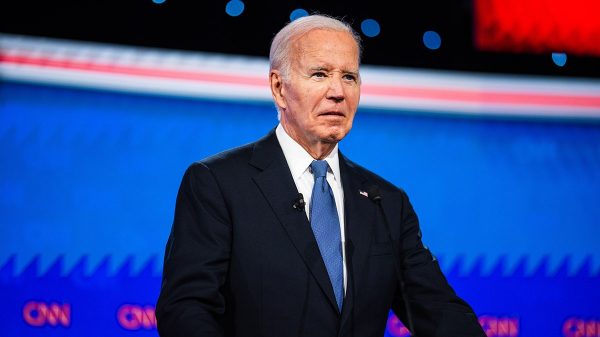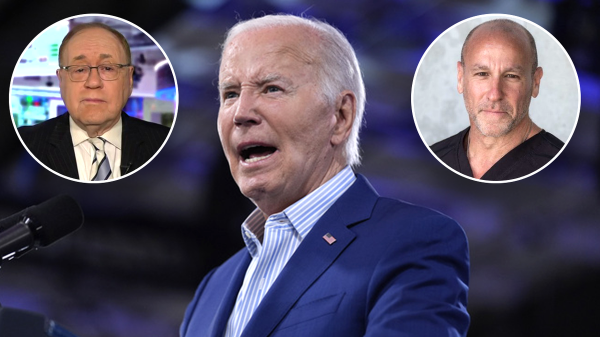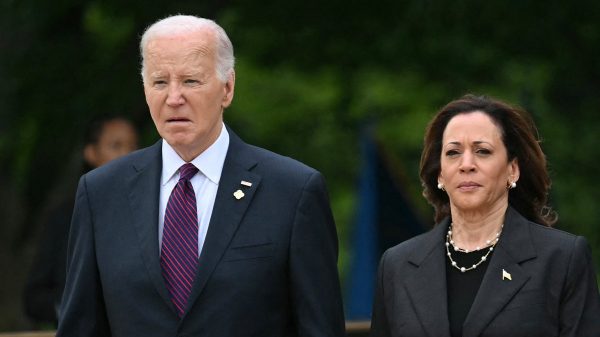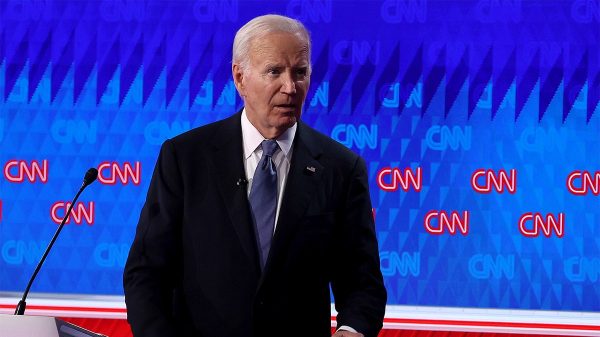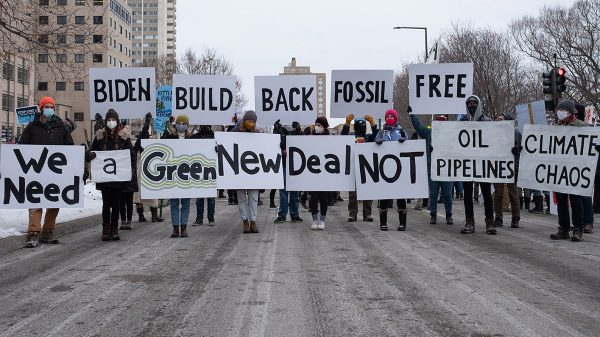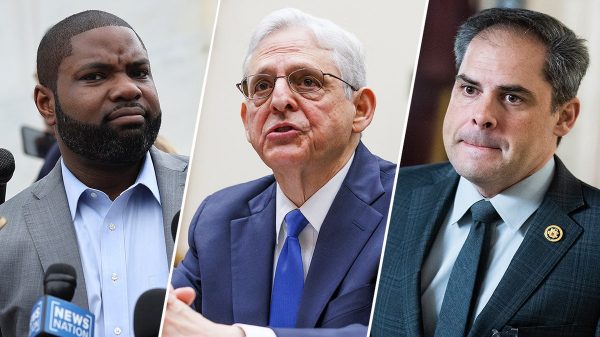The US economy faces numerous challenges, exacerbated by policy uncertainty and excessive government intervention. Milton Friedman famously said, “If you put the federal government in charge of the Sahara Desert, in five years there’d be a shortage of sand.” This sharp observation underscores the inefficiencies often associated with government intervention. Instead, we should advocate for free-market solutions that empower individuals and businesses to drive innovation and growth.
Election years heighten policy uncertainty, driving economic volatility. Businesses and investors become cautious, waiting to see which policies will prevail. This hesitation can slow economic activity, affecting job creation and investment in new projects. More than half of Americans think we are in a recession even when the headline data say otherwise, reflecting a disconnect between reported statistics and personal experiences.
Policy uncertainty during election years exacerbates these issues. The upcoming elections could significantly impact economic policies, depending on the direction taken by the administration. Whether it’s Biden’s continued interventionist policies or a shift under Trump, the stakes are high. Businesses, investors, and consumers are left guessing, which stalls responsible decision-making and hampers economic growth.
The recent meeting of the Business Roundtable highlighted these concerns as both Biden and Trump pitched their economic visions. According to the Tax Foundation, Biden’s tax plan, which includes increases on corporations and the wealthy, could reduce GDP by 2.2 percent and eliminate 788,000 jobs over time. On the other hand, Trump’s tariff proposals that hike taxes on Americans would have economic consequences, increasing consumer prices and reducing household incomes.
The Federal Reserve’s decisions also play a crucial role in shaping the economic landscape. Recent hikes in interest rates to curb inflation have added another layer of uncertainty. Higher borrowing costs can dampen consumer spending and business investment, slowing economic growth. The Fed’s policy trajectory remains uncertain, contributing to a cautious outlook among businesses and investors.
Biden’s regulatory approach further complicates matters. His administration has introduced numerous regulations affecting various sectors, from energy to finance. While intended to address climate change and market stability, these regulations often have significant compliance costs and operational challenges. The regulatory burden can stifle innovation and deter investment, particularly in industries struggling with economic headwinds.
Another key aspect is the role of institutions. Friedrich Hayek, in his seminal work “The Road to Serfdom,” cautioned against the overreach of central planning. He emphasized that central planning often leads to inefficiencies and a loss of individual freedoms. His insights are particularly relevant today as we navigate the complexities of modern economies. To truly flourish, governments should embrace free-market capitalism and resist the creeping influence of socialism.
This principle applies across sectors. By focusing on the efficient use of resources, reducing regulatory burdens, and fostering competition, we can build a more prosperous future. The bottom-up approach ensures better utilization of resources and empowers entrepreneurs, businesses, and local communities. Policies such as eliminating unnecessary regulations, reducing corporate tax rates, and promoting school choice are vital. These policies drive economic growth and ensure that resources are used where they are most needed.
Policy uncertainty during election years can create a precarious economic environment. Given the numerous issues in Washington, states must lead the way in our system of federalism. The increasing divergence between red and blue states on taxes, labor, and education highlights this trend. Red states cut taxes and promote business-friendly policies, while blue states often expand government programs. This divergence allows states to set examples of effective governance through free-market principles. By reducing regulatory burdens, passing sustainable budgets, and fostering competition, states can mitigate some national policy uncertainties that stall economic progress.
The next big step in federalism involves states innovating beyond traditional policies. For instance, states should focus on restraining government spending, eliminating bad taxes like income taxes, and reducing onerous regulations. Policies promoting school choice can also drive education reform and better outcomes, ensuring that all children have access to quality education regardless of their socioeconomic background. In addition, more freedom in technology and innovation should be ensured to support the next big revolution that improves our lives and livelihoods.
To move forward, we must build from our past experiences and rise to overcome obstacles. We can foster innovation and resilience by acknowledging and learning from our failures. It’s essential to recognize that failure provides valuable lessons and opportunities for growth. Expanding government intervention in response to failures often stifles this learning process and leads to greater inefficiencies.
Policy uncertainty during election years can create a precarious economic environment. States must lead the way in our system of federalism, setting examples of effective governance through free-market principles. By passing sustainable budgets, reducing regulatory burdens, and fostering competition, states can mitigate some national policy uncertainties that stall economic progress.
Let’s leverage the strengths of the free market, prioritize efficiency, and ensure that our policies truly benefit Americans. By embracing free-market principles, reducing regulatory burdens, and fostering competition, we can pave the way for a stronger and more prosperous America. Together, we can build a future where smart policies and strong institutions that support life, liberty, and property pave the way for economic resilience and growth.






